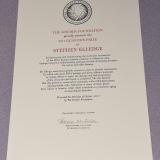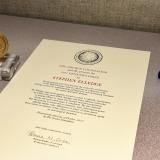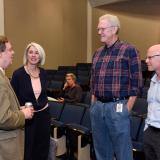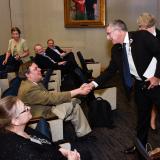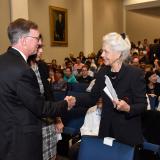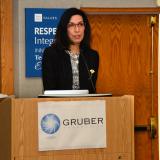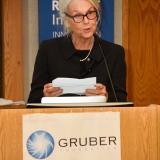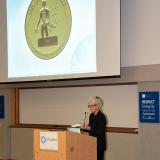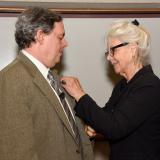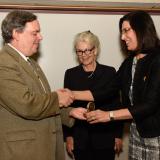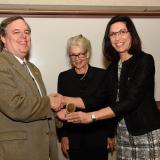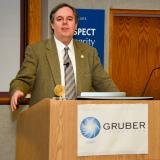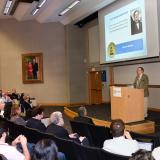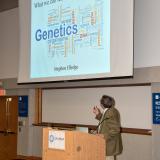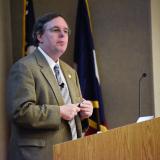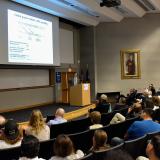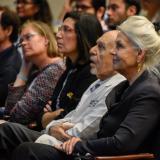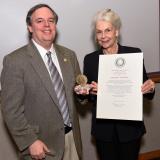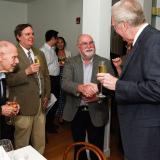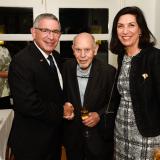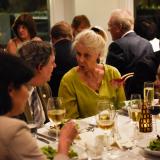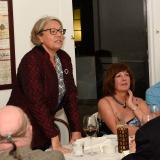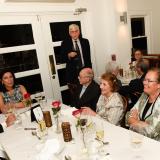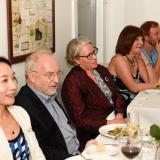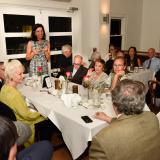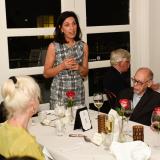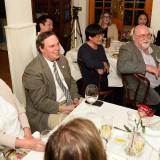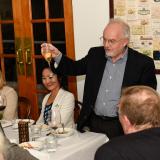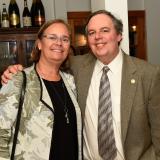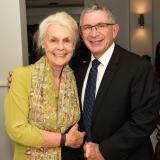2017 Gruber Genetics Prize
2017 Genetics Prize Recipient
Laureate Profile
The groundbreaking discoveries of molecular geneticist Stephen J. Elledge, PhD, of Harvard Medical School have transformed the field of modern molecular biology — and the way we think of cancer and other human diseases. For three decades, Elledge has been identifying and describing, step-by-step, the molecular mechanisms of what is now known as the DNA-damage response pathway. In the early 1990s, going against the conventional scientific wisdom of the time, he defined cell-cycle “checkpoints” — the protective gene functions that delay the progression of a cell’s cycle when its DNA is damaged — as a signaling cascade that starts within the cell itself. Elledge then went on to describe, for the first time, how a pair of “watchdog” protein kinases (proteins that modify other proteins) work together to detect and notify each other when DNA damage is present in a cell, as well as how that joint action sets off an intricate cascade of other molecular activity within the cell to repair the damaged DNA.
In addition to his pioneering discoveries regarding the DNA-damage response pathway, Elledge has also invented numerous technologies that have helped advance the field of genetics, including the first genome-wide shRNA libraries, thus making large-scale genetic screening a reality. More recently, Elledge has led the development of an antibody detection tool (VirScan) that can determine from a simple blood test which of more than 200 viruses have infected a patient during his or her lifetime.
Watch Video
Citation
The Gruber Foundation proudly presents the 2017 Genetics Prize to Stephen Elledge for discovering and characterizing the molecular mechanisms of the DNA damage response pathway in eukaryotic cells, findings critical for understanding pathogenesis and developing therapies for cancer and other diseases.
Dr. Elledge used clever genetic screens in yeast to identify mechanisms by which cells sense DNA damage and direct effector molecules to initiate efforts to repair the damage and halt progression of the cell cycle until repair is completed. He also showed that this process is conserved in mammals, with orthologous genes playing similar roles. Mutations in many of these genes drive cancer in humans, while others contribute to premature aging or neurological disorders.



